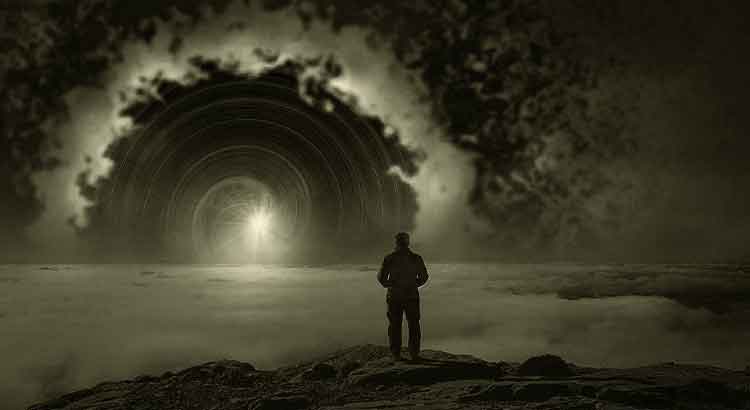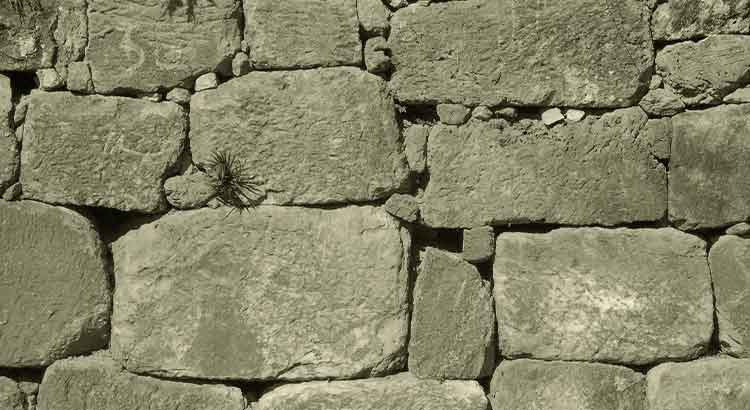It is curious to note some incompatibilities between superior minds. There seems to be an obscure element that, in some cases, forces their repulsion. I say this thinking of Pessoa and Nietzsche, or rather, of Pessoa towards Nietzsche. The Portuguese referred to the German as a mad ascetic admirer of force and domination. In other notes, the mention of Nietzsche is almost always loaded with a pejorative tone. The curious thing is this: as artists, there is much in common between the two. In the short essay entitled Apontamentos para uma Estética não Aristotélica (Notes on a Non-Aristotelian Aesthetic), Pessoa defends an aesthetic based on force, an aesthetic where the supreme degree of expression is reached through maximum power, an aesthetic in which the artist “forces others, whether they like it or not, to feel what he felt, that dominates them through inexplicable force, as the strongest athlete dominates the weakest, as the spontaneous dictator subdues the whole people (because he is the whole synthesized and therefore stronger than the whole summed up), as the founder of religions dogmatically and absurdly converts the souls of others into the substance of a doctrine which, at the bottom, is nothing but himself”. Nietzsche, a symbol of the power of expression, the progenitor of a work where exclamations leap out of the leaves like rockets, said that “the greatness of an artist is measured according to the intensity employed to achieve the great style.” It is a nice summary of Pessoa’s aesthetic theory. But still, incompatible…
Category: Notes
By Reasoning One Does Not Reach Truth of Any Kind
If we understand the reach of truth as the revelation of a mystery, we will have to conclude that by reasoning one does not reach truth of any kind. Mystery is what escapes human understanding, therefore one does not reason before the Mystery. One prays before it, one begs for superior help, because the admission of its existence is the confession of the rational failure in the attempt to apprehend it.
Becoming an Expert
I write a short story with coldness and dryness in mind, and I notice that I am already becoming an expert in this kind of narrative that does nothing but arouse disgusting feelings. I deprive it of any color, any liveliness, any emotion. I also forbid exclamations: I make astonishment an outsider. One word to describe the scene. Scarce adjectives. The arc of action, naturally, cruel. I finish the work, and the result is astonishing. I immediately think of Swift. And I then imagine myself banished from the Human Race and defamed for centuries of centuries.
Misanthropy Is One of the Most Salutary Traits to Reasoning That Has Been Reported
Misanthropy is one of the most salutary traits to reasoning that has been reported. Being a misanthrope involves a continuous and challenging effort. When one is misanthrope, one becomes a strategist by necessity. One learns psychology to understand the minds of others, to then predict their behavior and be able to avoid them. One has to be an expert in emotional stimuli to know never to arouse any in anyone. The misanthrope knows that his sagacity will be inversely proportional to the discomfort that comes from social relationships; therefore, the more sagacious he is, the more fully he will achieve the goal of seclusion. The interesting thing is that the stimulus never ceases, the misanthrope’s brain is instigated all the time and never rests, since there is always the possibility that someone will interrupt his solitude and ask him for something. It is like an endless game, extremely salutary to the intelligence and which, more than any other game, stimulates the will to win.



